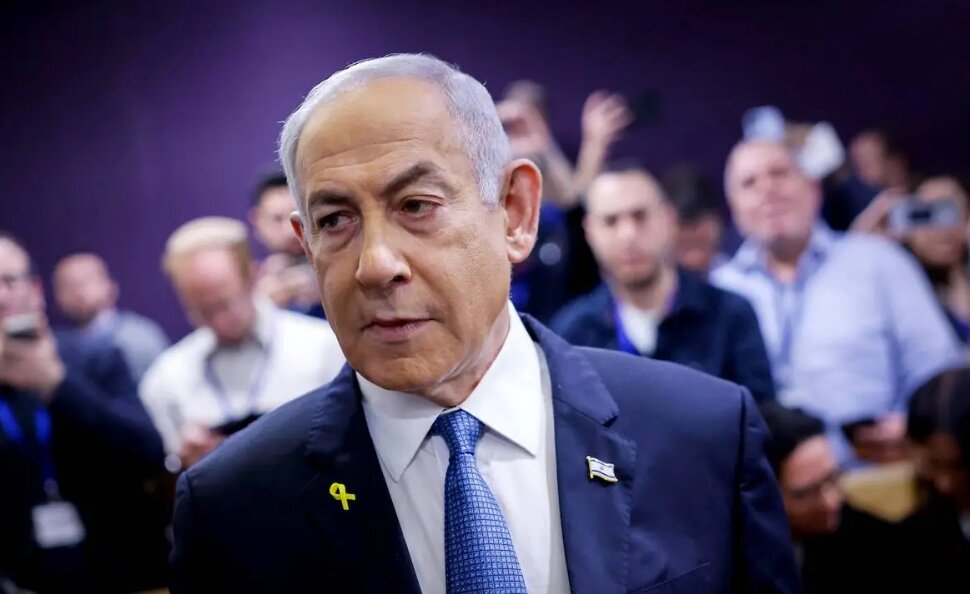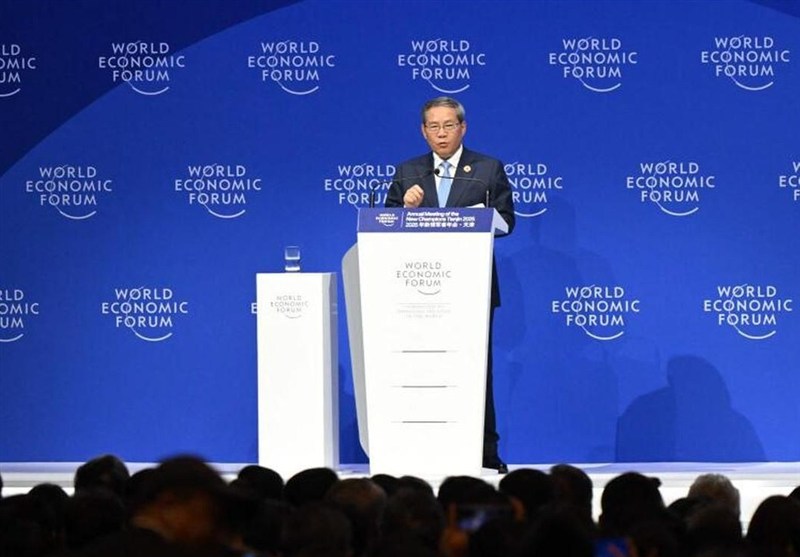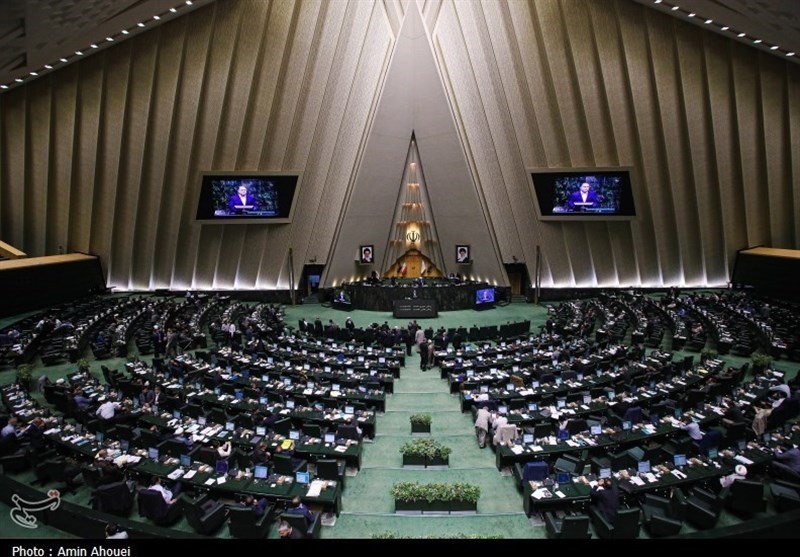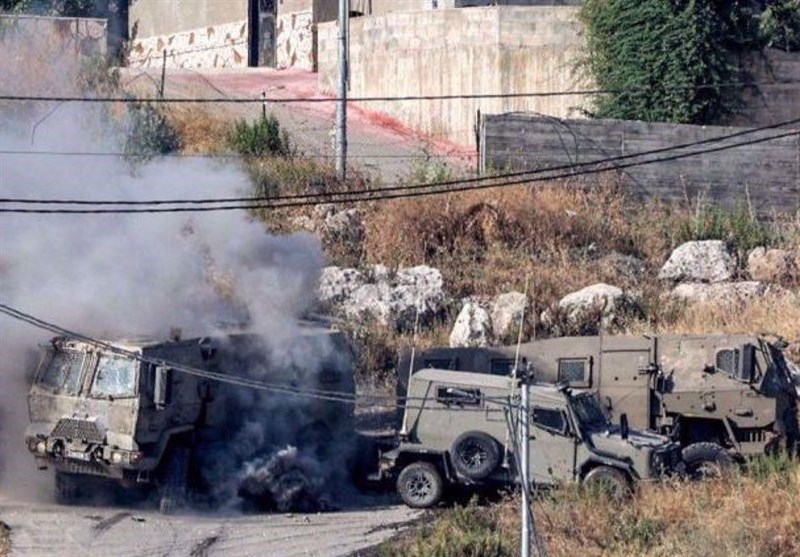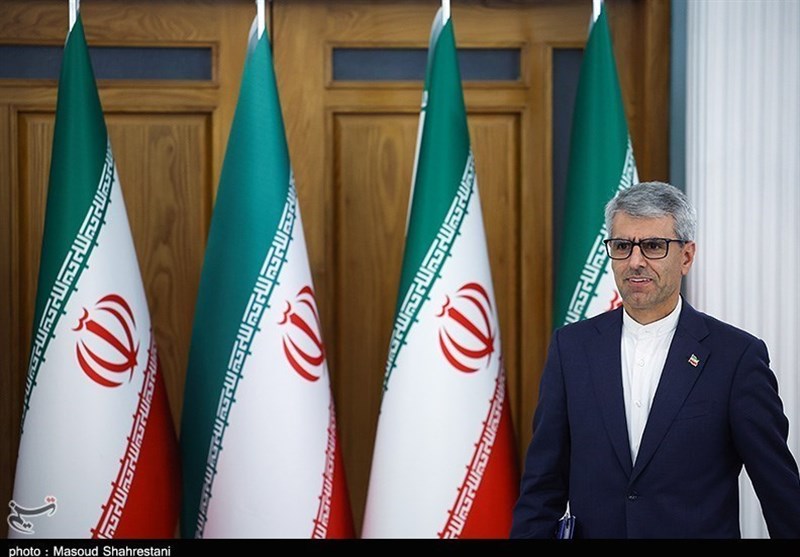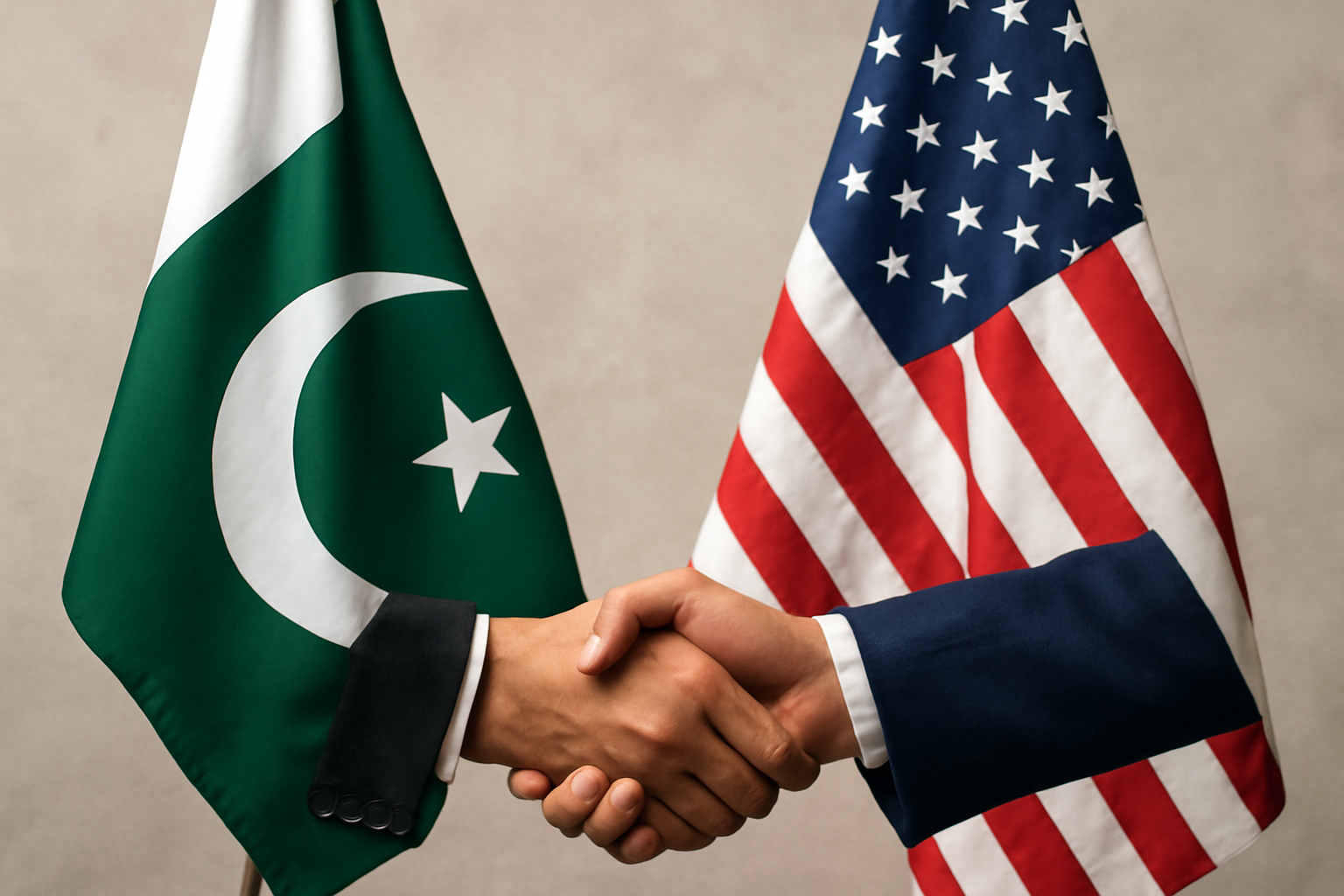
Pakistan and the US have resolved to conclude trade talks next week, the finance ministry said on Wednesday after a meeting between Finance Minister Muhammad Aurangzeb and US Commerce Secretary Howard Lutnick.
The negotiations, focused on reciprocal tariffs, are part of a broader push to reset economic ties at a time of shifting geopolitical alignments and Pakistan’s efforts to avoid steep US duties on exports.
“Both sides showed satisfaction on the ongoing negotiations and resolved to conclude the trade negotiations next week,” finance ministry said in a statement, adding that a longer-term strategic and investment partnership is also under discussion.
Pakistan faces a 29% tariff on exports to the US under President Donald Trump’s measures to target countries with large trade surpluses with the US. Pakistan’s surplus was around $3 billion in 2024.
To offset the imbalance and ease tariff pressures, Islamabad has offered to import more US goods, including crude oil, and to open up investment opportunities through concessions for US firms in Pakistan’s mining sector.
Earlier this week, Pakistan-US co-hosted a webinar promoting investment in Pakistan’s mineral sector, including the $7 billion Reko Diq copper-gold project.
Read More: Trump says Pakistani officials visiting US next week for trade talks
Senior officials from both governments and US investors discussed public-private partnerships and regulatory reforms. The US Export-Import Bank is reviewing financing proposals worth $500 million to $1 billion in Reko Diq.
Trump, who hosted Army Chief Field Marshal Asim Munir at the White House last week, has earlier said trade helped avert a deeper conflict between Pakistan and India.
After last month’s Pakistan-India conflict, which led to heightened military tensions in the region, Trump repeatedly stated that the nuclear-armed South Asian neighbours agreed to a ceasefire following US-mediated talks. He claimed hostilities ended after he urged both countries to focus on trade instead of war.
The Trump statements came in the context of heightened tensions triggered by the killing of 26 people—mostly tourists—in Indian Illegally Occupied Jammu and Kashmir (IIOJK).
Read More: ‘If you don’t stop, no trade’: Trump on Pakistan-India ceasefire
The attack led to a dramatic escalation between the two nuclear-armed neighbours. India accused Pakistan of supporting the militants behind the assault, a claim Islamabad strongly denied.
India launched airstrikes against what it described as militant training camps across the border. Pakistan said the strikes hit civilian areas, causing dozens of casualties.
In retaliation, Pakistan hit 26 Indian military facilities and dozens of Pakistani drones hovered over major Indian cities, including capital New Delhi, in the offensive operations on May 10.



